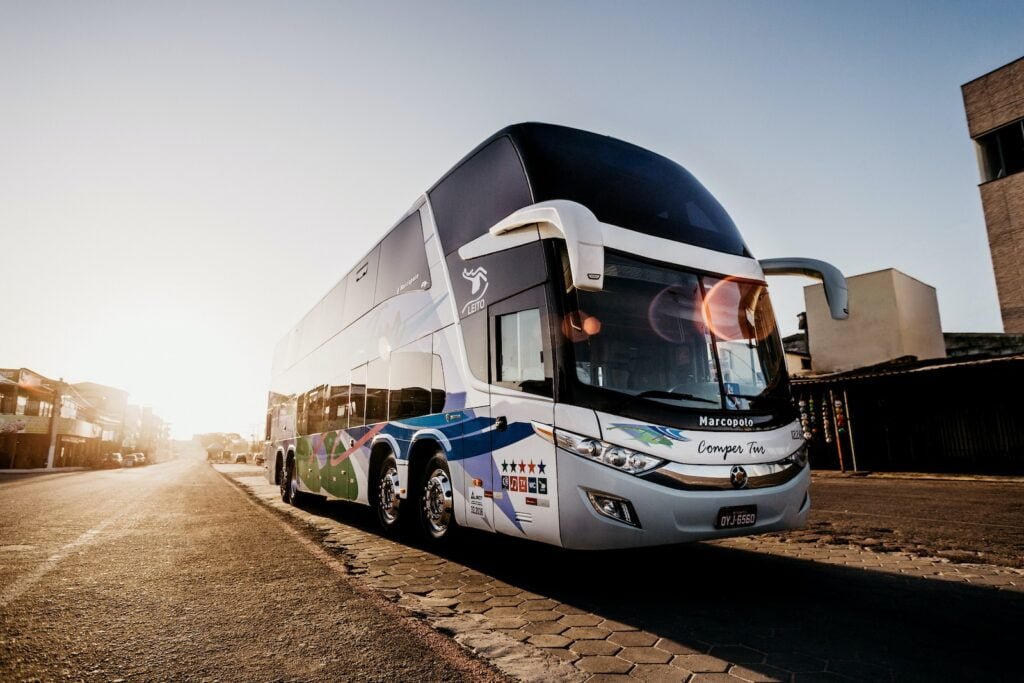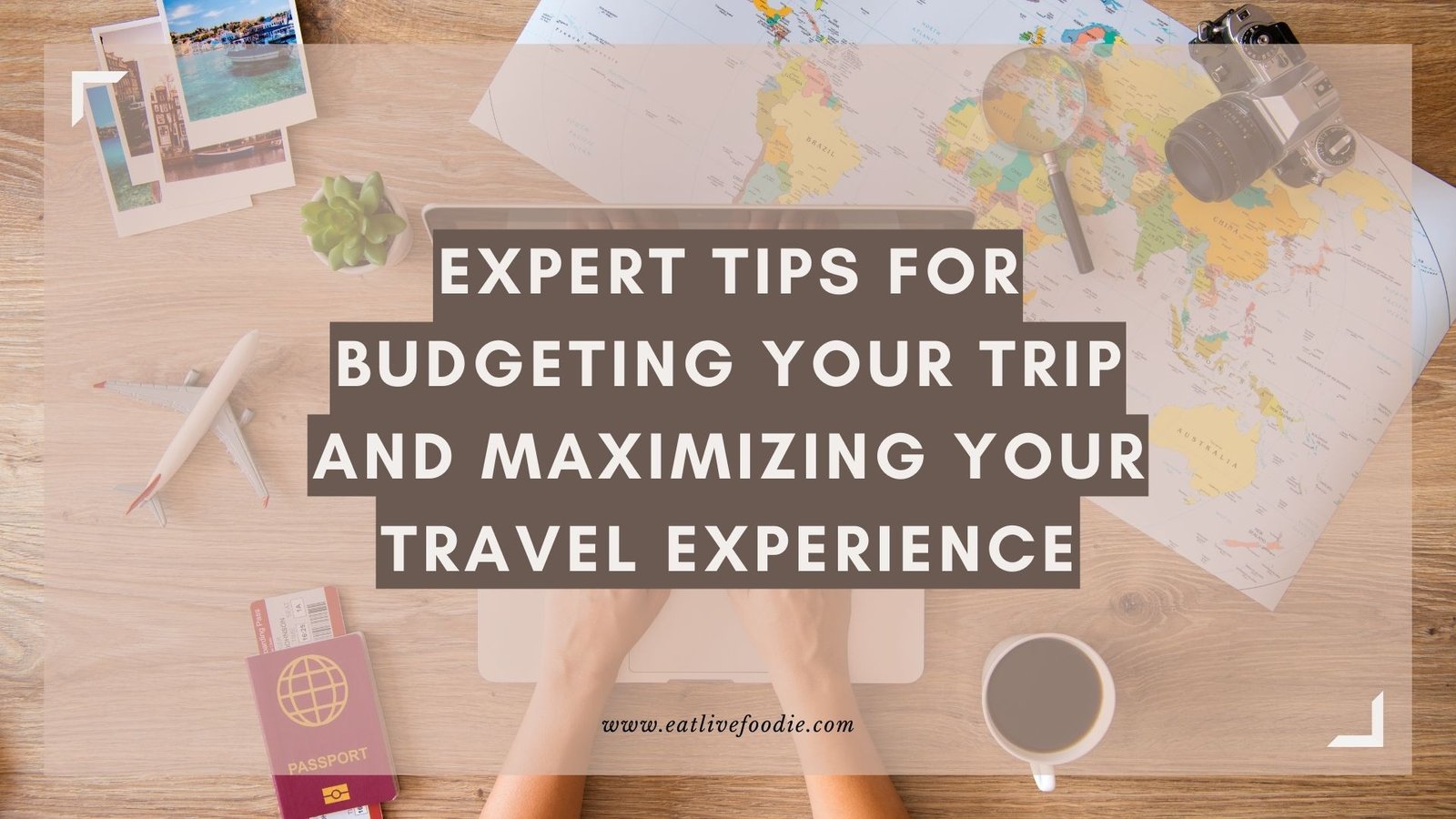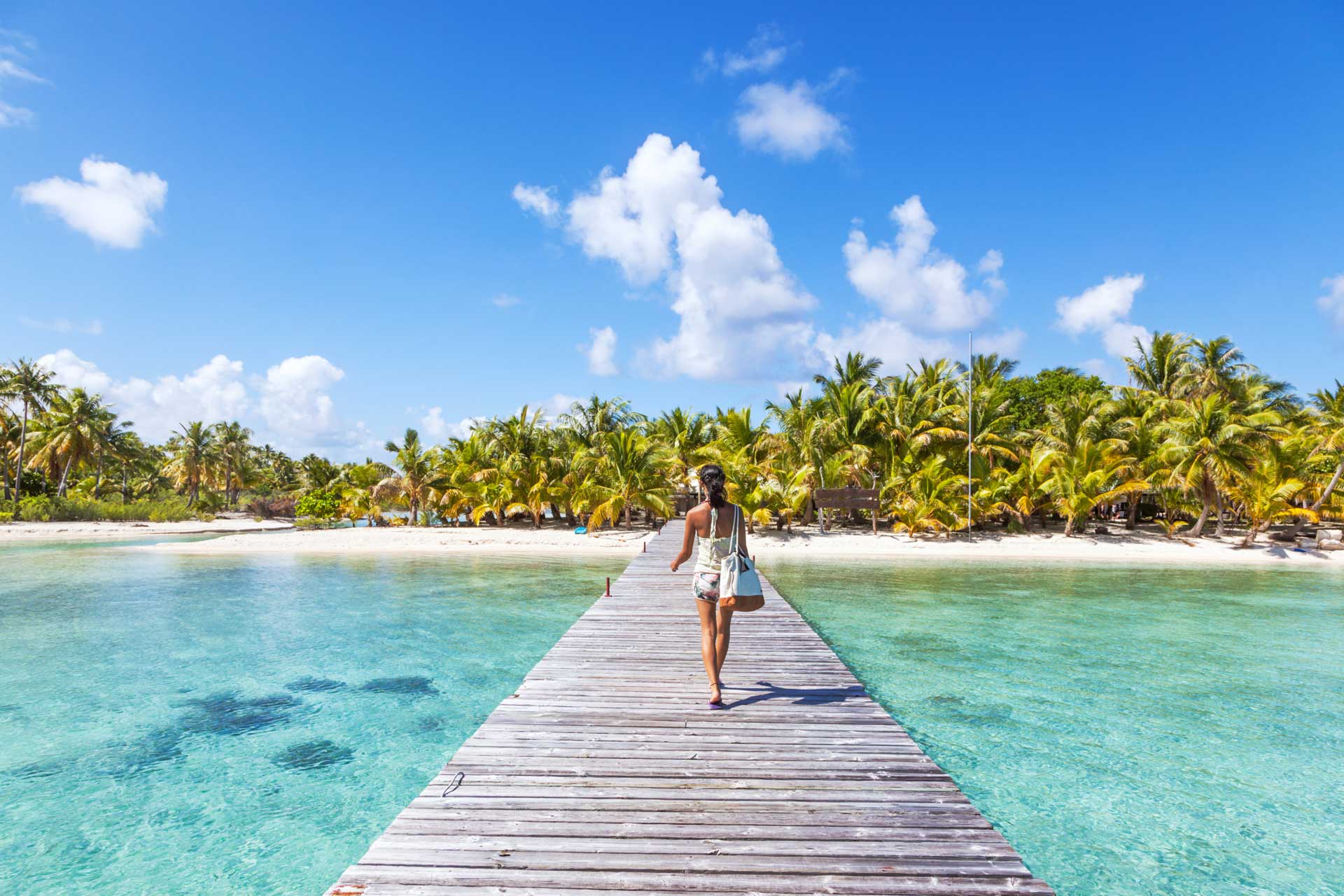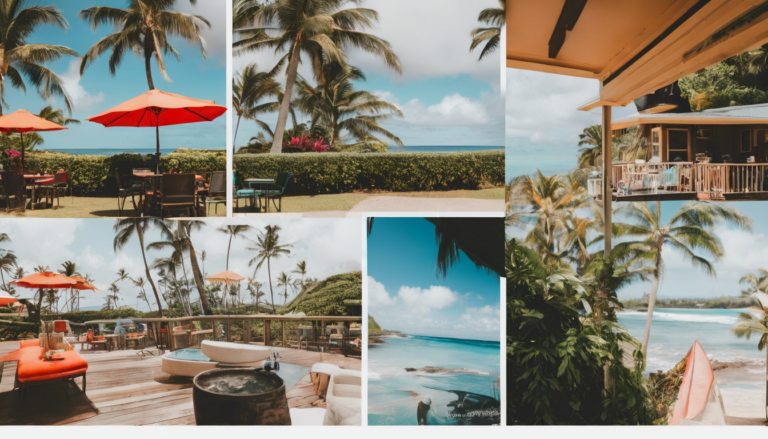Planning a trip is an exciting endeavor, but without careful budgeting, it can quickly become an overwhelming financial burden. By creating an effective travel budget, you can ensure that you make the most of your journey while staying within your financial means. In this article, we will guide you through the process of budgeting for your trip, providing expert tips and real-life examples to help you plan your adventure without breaking the bank.
What is a Travel Budget?
A travel budget is a detailed plan that outlines your anticipated expenses for a trip. It helps you allocate funds wisely, ensuring that you have enough money for transportation, accommodation, food, activities, and other essential aspects of your journey. By having a travel budget, you gain better control over your finances and can make informed decisions about how to spend your money during your trip. Think of it as a roadmap that allows you to explore the world while staying on track with your financial goals.
Expenses to Include in Your Travel Budget
When creating your travel budget, it’s crucial to consider all potential expenses to avoid any financial surprises. Here are the key categories you should include:
- Transportation: Calculate the costs of plane tickets, parking, airport transfers, and any vehicle rentals you may need during your trip.
- Accommodation: Research different options such as hotels, hostels, or vacation rentals, and factor in the average costs per night.
- Food: Allocate funds for meals, whether you plan to eat out, cook in your accommodation, or a combination of both. Consider the local cuisine and any special dietary requirements.
- Activities: Plan for sightseeing tours, entrance fees to attractions, and any specific activities you wish to experience.
- Travel Insurance: Include the cost of travel insurance to protect yourself from any unforeseen circumstances.
- Vaccinations/Medication: If traveling to a destination that requires vaccinations or specific medications, factor in the associated costs.
- Visas/Passport Renewal: Verify if you need a visa or if your passport requires renewal before your trip and account for any associated fees.
- Clothing and Equipment: If you need to purchase any specific clothing or equipment for your trip, budget for these expenses.
- SIM Card or Data Plan: If you require mobile data while traveling, plan for the costs of a local SIM card or an international data plan.
- Additional Expenses: Don’t forget to budget for tips, taxis, excursions, and souvenirs. These smaller expenses can add up, so plan accordingly.
How to Calculate Your Travel Budget
Calculating your travel budget involves careful consideration of your income, fixed expenses, and desired travel experiences. Here’s a step-by-step guide to help you get started:
- Determine your available funds: Review your current savings, disposable income, and any additional money you can allocate towards your trip.
- Assess your fixed expenses: Calculate your monthly bills and financial obligations to identify how much you can comfortably allocate to your travel budget without neglecting other necessary expenses.
- Prioritize your travel experiences: Determine which aspects of your trip, such as accommodation or activities, are most important to you. Allocate a larger percentage of your budget accordingly.
- Research prices: Gather information on the costs of transportation, accommodation, food, and activities in your desired destination(s).
- Estimate daily expenses: Break down your estimated expenses per day, considering food, transportation, and other essentials.
- Adjust and finalize: Review your budget, making any necessary adjustments to ensure your total expenses align with your available funds.
- Monitor and track: During your trip, keep track of your spending to ensure you stay within your planned budget.
Remember, flexibility is key. It’s essential to build some room for unexpected expenses or spontaneous opportunities that may arise during your travels.
Transportation

Transportation expenses can significantly impact your travel budget. Here are some tips to help you save on transportation costs:
- Plane Tickets: Use flight aggregator websites such as Booking.com to compare prices, be flexible with your travel dates, and consider booking in advance to secure lower fares.
- Parking Costs: If driving to the airport, research affordable parking options near the airport or consider carpooling to share costs.
- Travel Between Airport and Hotel: Utilize cost-effective modes of transportation such as airport shuttles, public transportation, or shared rides instead of expensive taxis.
- Vehicle Rental: Compare prices from multiple rental companies, be mindful of additional fees or insurance coverage, and book in advance for potential discounts.
- Public Transportation: Opt for public transportation (buses, trains, trams, etc.) whenever possible, as it is often cheaper than taxis or car rentals.
- Saving with Credit Cards: Look for credit cards that offer travel rewards or cash-back options. Utilize these benefits to save on flights, hotel bookings, or other travel-related expenses.
By implementing these strategies, you can significantly reduce your transportation expenses, leaving more room in your budget for other aspects of your trip.
Use these savings techniques as motivation to plan your trip well within your budget, no matter how big or small.
In the next section, we will delve into strategies for budget-friendly accommodation and tips for cost-effective dining.
- Strategies for Budget-Friendly Accommodation:
- Research and compare prices on accommodation booking platforms.
- Explore alternatives to traditional hotels, such as hostels, guesthouses, or vacation rentals, which can offer significant cost savings.
- Consider staying in residential neighborhoods rather than popular tourist areas, as prices tend to be more affordable.
- Leverage loyalty programs or discounts available to frequent travelers.
- Look for last-minute deals or special promotions.
- Tips for Cost-Effective Dining:
- Eat locally: Seek out authentic local eateries that often offer more affordable prices compared to tourist-oriented restaurants.
- Cook your meals: If your accommodation provides kitchen facilities, take advantage and prepare your meals, especially for breakfast or lunch.
- Pack snacks: Carry light snacks or pack picnic lunches to avoid impulse purchases while sightseeing.
- Embrace street food culture: Explore the local street food scene, which can offer delicious and budget-friendly options.
- Opt for fixed-price menus: Many restaurants offer set menus that provide a good value for money.
These strategies and tips can help you stretch your budget when it comes to accommodation and dining expenses while allowing you to sample local flavors and experiences.
Activities
When it comes to planning activities, keep these suggestions in mind:
- Prioritize activities that align with your interests and passions. Focus on experiences that truly resonate with you, rather than trying to check off every tourist attraction.
- Look for reduced rates or discounts. Many destinations offer special rates for students, seniors, or specific days of the week. Take advantage of these cost-saving opportunities.
- Research free or low-cost activities. Parks, museums, guided walking tours, and local festivals are often available at little to no cost. These can provide enriching experiences without straining your budget.
- Consider equipment rental or shared activity options. If you’re engaging in activities like water sports or skiing, renting equipment rather than purchasing can help save significant costs.
- Be mindful of deposits. Some activities may require a deposit, such as renting bikes, paddleboards, or other equipment. Factor these into your budget planning.
Preparing for Unexpected Expenses
Alongside careful budgeting, it’s crucial to prepare for unforeseen circumstances and emergencies. Here’s how:
- Set aside a small amount for souvenirs and spur-of-the-moment purchases. While it’s important to stick to your budget, leaving some flexibility for spontaneous experiences or souvenirs can add to your overall enjoyment.
- Plan for emergency expenses, such as medical emergencies or lost luggage. Consider purchasing travel insurance that covers medical emergencies, trip cancellations, and lost belongings. This can offer peace of mind and financial protection.
- Research the local emergency services and necessary contact information for your destination. Knowing how to access medical assistance or report a lost passport can save time and stress in unexpected situations.
Now, let’s address some additional travel tips to help you make the most of your trip and stay within your budget:

Additional Travel Tips
- Notify your financial institution when traveling abroad: Inform your bank and credit card companies of your travel plans to avoid any issues or restrictions while using your cards.
- Handle foreign currency exchange wisely: Research the most cost-effective methods for exchanging currency, such as using local ATMs, reputable exchange services, or pre-paid travel cards.
- Maximize the benefits of loyalty programs: If you frequently travel with specific airlines or stay at certain hotel chains, join their loyalty programs to earn points or receive discounted rates.
- Plan travel during off-peak seasons: Consider traveling during less crowded times of the year. This can often result in lower costs for accommodations, flights, and activities.
- Research local transportation options: Familiarize yourself with public transportation systems, such as buses, trams, or metro systems, which can be more cost-effective than relying on taxis or ride-sharing services.
- Embrace the sharing economy: Utilize platforms like Airbnb or Couchsurfing to find budget-friendly or even free accommodations, and connect with locals for insider tips and recommendations.
By implementing these travel tips, you can optimize your budget and enjoy a rewarding travel experience without sacrificing financial stability.
In conclusion, creating an effective travel budget is essential for maximizing your travel experience while staying within your means. By considering all expenses, utilizing budget calculators, and implementing cost-saving strategies, you can embark on memorable journeys without compromising your financial goals.
Remember to prioritize the aspects of travel that truly matter to you, research and compare prices, and be open to flexible and cost-effective options. With careful planning and a well-thought-out budget, you can embark on incredible adventures and create lasting memories without financial stress.
Now, it’s time to start planning your trip and putting your budgeting skills into practice. Happy travels!
FAQ
Remember, budgeting is about making intentional choices to align your travel goals with your financial capabilities. Implement these tips and strategies to create lifelong memories while remaining financially responsible.
Safe travels!
Note: This article provides general budgeting advice and suggestions. Personal financial circumstances may vary, so it’s crucial to tailor your budget to your specific situation and consult with financial professionals if needed.









